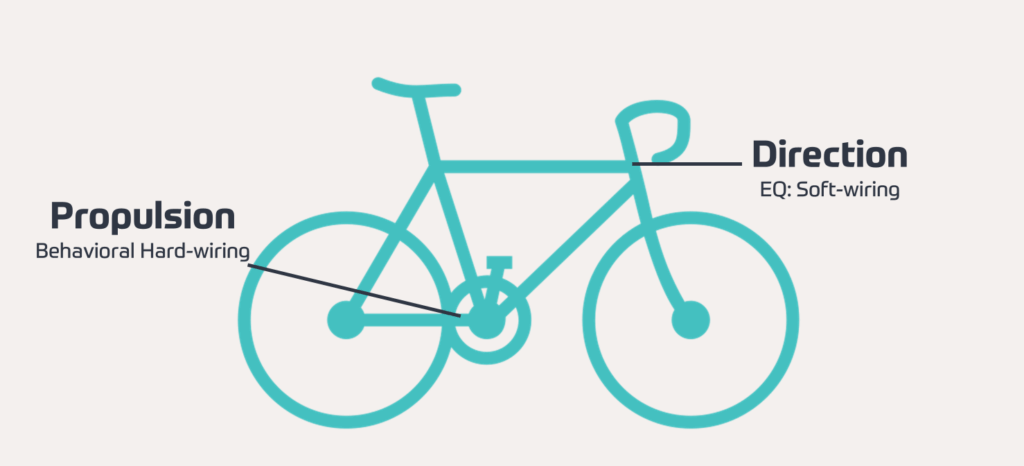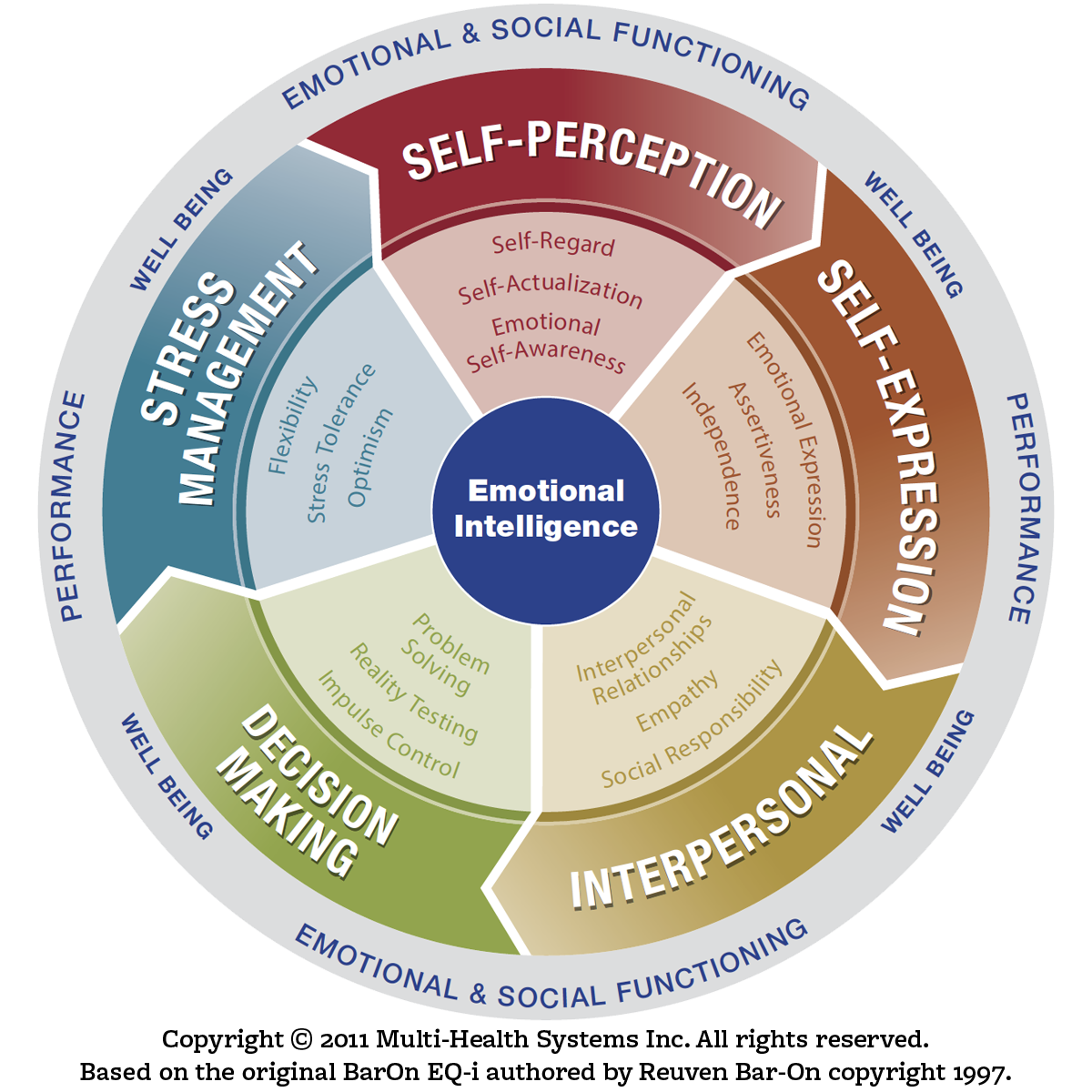Coaching for Culture: How are you showing up as a leader? [with video]
How are you showing up…
- To your meetings?
- To your people?
- To your strategy?
- To yourself?
- To your family?
When we think about coaching for culture, at the very core of it is the sum total of the ways you behave and the things you say – aka, the way you “show up.”
If you want to shape your culture, you need to be thoughtful, reflective, and intentional about how you show up.
After training and coaching countless leaders, one of the most high-impact skills I have seen for this is emotional intelligence. Because emotional intelligence at its core is helping you use skills that help you show up to the moments that you have as a leader.
If you want to shape your culture, you need to be thoughtful, reflective, and intentional about the way you show up – and one of the most high-impact skills for accomplishing that is emotional intelligence.
When you hear, “People don’t leave jobs, they leave managers,” what they’re really saying is that people leave managers with low emotional intelligence. They can no longer stand to be around them – no matter what the work, no matter what the pay, no matter what association it gives to them for their life.
Emotional intelligence is critical to the way that you show up.

It’s like riding a bike
Here’s one way to think about how we show up – using a bicycle analogy.
In this analogy, there are two parts:
1. The pedals and gears propel you.
What propels you as a leader… I call that personality.
At ADVISA, we use the Predictive Index to assess personality. This is the way that you are hardwired. This is the way your brain is wired to propel you into the world.
I often say, “For better or worse, here you come.” There are going to be blessings to that; there’s going to be indifference – and maybe even some side effects of the way that you show up and the way that you lead. And that’s great.
Never apologize for who you are – the hardwired part of who you are. But as leaders we have to show up for others. So if we just show up on autopilot – in propulsion – we will most of the time make mistakes, because not everyone’s like us.
Don’t apologize for who you are, but do take responsibility for who you are.
2. The handlebars are how you navigate.
In our bicycle analogy, the handlebars are your emotional intelligence. It’s how you navigate.
As you’re propelled into the world, you use your handlebars to navigate whatever comes at you – people, situations, stresses, opportunities.
Again, don’t apologize for who you are, but do take responsibility for who you are. And emotional intelligence offers the most incredible skills to help you do that.
When you use your personality (i.e., the pedals and gears) and emotional intelligence (i.e., the handlebars), it’s going to help you navigate the world as you move forward.

Emotional Intelligence FTW
If you’re in a place where you’re really thinking, “Mike, I really need to think about the way that I need to show up,” especially if you want to be a leader who wants to build a certain culture, this emotional intelligence model that we use from MHS has 15 skills for you to consider. And we can even assess you on it to help you see: how am I showing up?
We can even ask other people around you—if you really want to go forward to a 360—if you really want to find out how you’re showing up, not just through your perception but through perspective, this model is really incredible.
Because again, as I said, I never want you to apologize for who you are, but I do need you to take responsibility for who you are—especially if you want to build a culture that is truly a place where people want to grow, where people want to do good work, where you get to contribute and be seen as a leader who’s truly leading through others.
Emotional intelligence is so important. If you want to increase it—emotional intelligence. If you want to decrease it—forget about emotional intelligence.
Big question for you is: how are you showing up?
And when you answer that question, I really want to encourage you to consider: what’s the gap between the way you’re showing up and the way you want to show up?
Something to think about.
Want to learn more about how EQ can help you level up?
Send me an email any time, and we’ll get you on the fast-track to EQ greatness.
